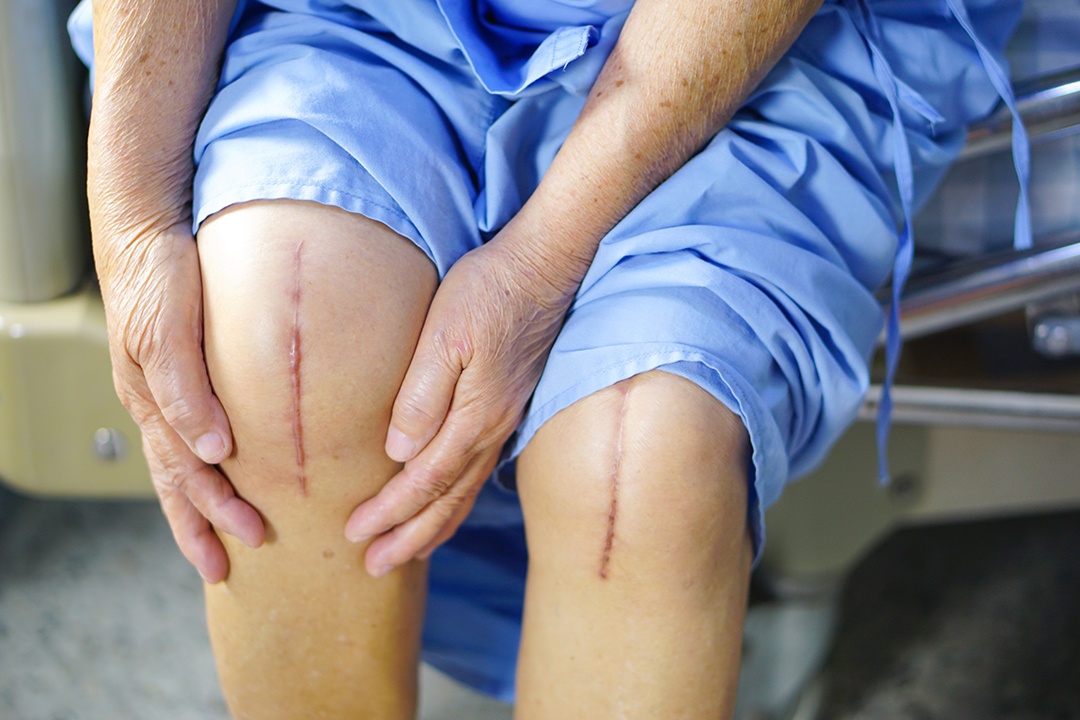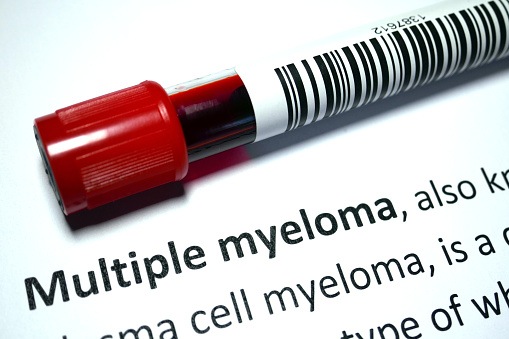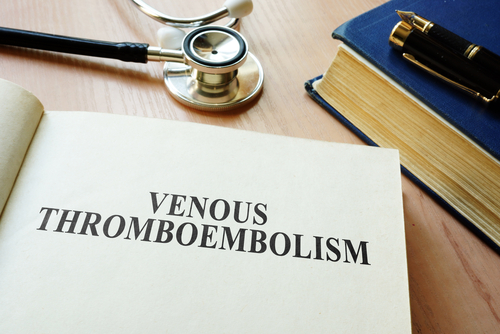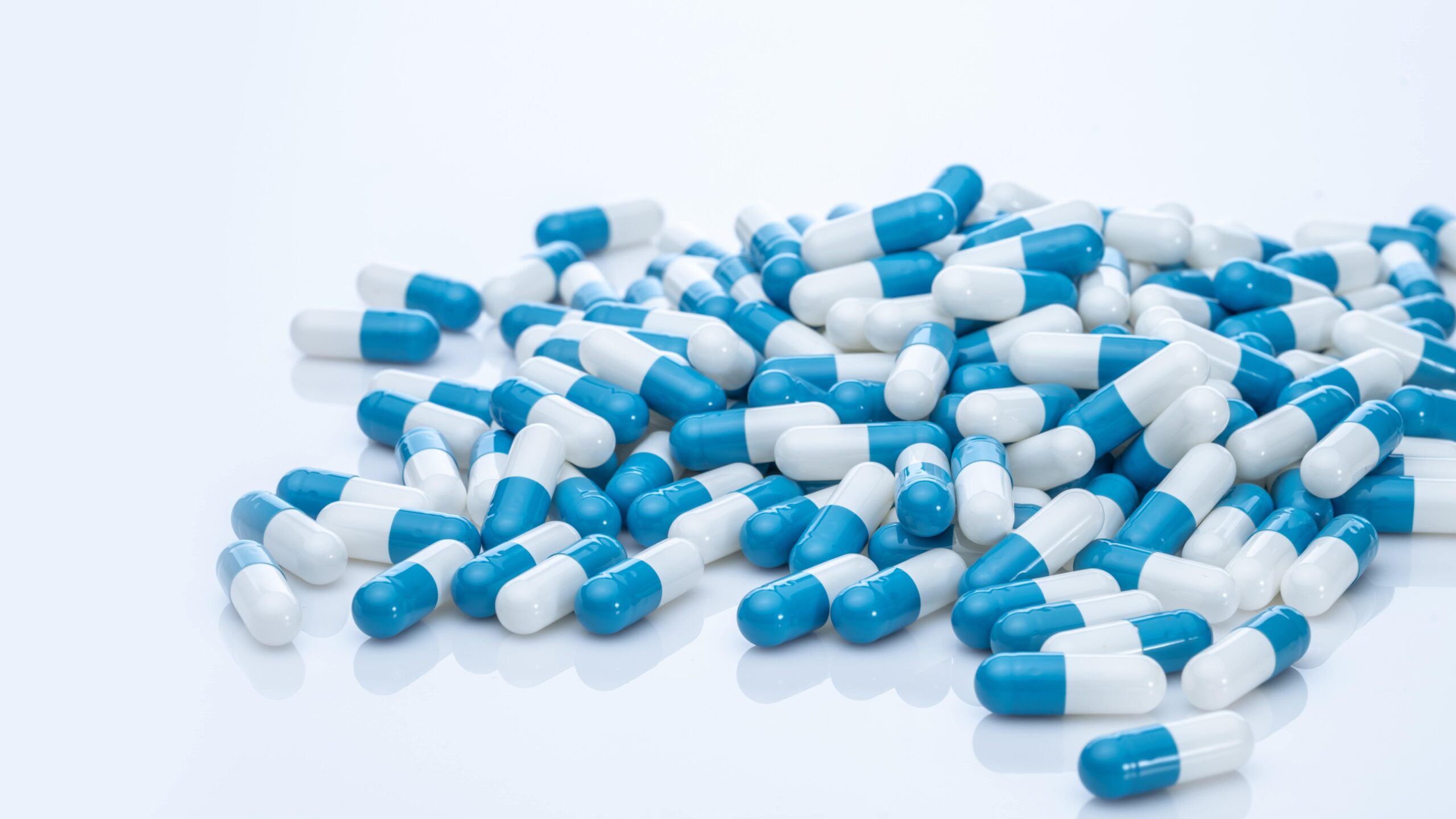
A recent meta-analysis suggested similar effects from rivaroxaban and aspirin for the prevention of venous thromboembolism (VTE) following total knee arthroplasty or total hip arthroplasty.
The study included a total of 8 studies (with a combined patient sample of 97,677 patients). Outcomes of interest for the analysis included VTE rate, deep vein thrombosis rate, pulmonary embolism rate, major bleeding events, mortality rate, blood transfusion, and wound complication. The authors calculated risk ratios with 95% confidence intervals using a fixed-effects model or random-effects model.
According to the results of the analysis, those assigned to rivaroxaban had a higher incidence of deep vein thrombosis (RR=1.48, 95% CI, 1.27 to 1.72; P<0.001) and a decreased risk of blood transfusion (RR=0.94; 95% CI, 0.93 to 0.94; P<0.001). The authors reported no significant differences between the rivaroxaban and aspirin groups for total VTE rate, pulmonary embolism rate, mortality rate, major bleeding, and wound complication rate.
“Our results suggested that aspirin and rivaroxaban offered similar effective in the prevention of VTE after total knee arthroplasty or total hip arthroplasty,” the authors wrote. “However, rivaroxaban seemed to have better effect than aspirin in reducing the risk of deep vein thrombosis, and aspirin was safer than rivaroxaban in decreasing the blood transfusion rate. Considering the potential limitations in this study, further large-scale and high-quality randomized controlled trials are needed to identify our findings.”







 © 2025 Mashup Media, LLC, a Formedics Property. All Rights Reserved.
© 2025 Mashup Media, LLC, a Formedics Property. All Rights Reserved.